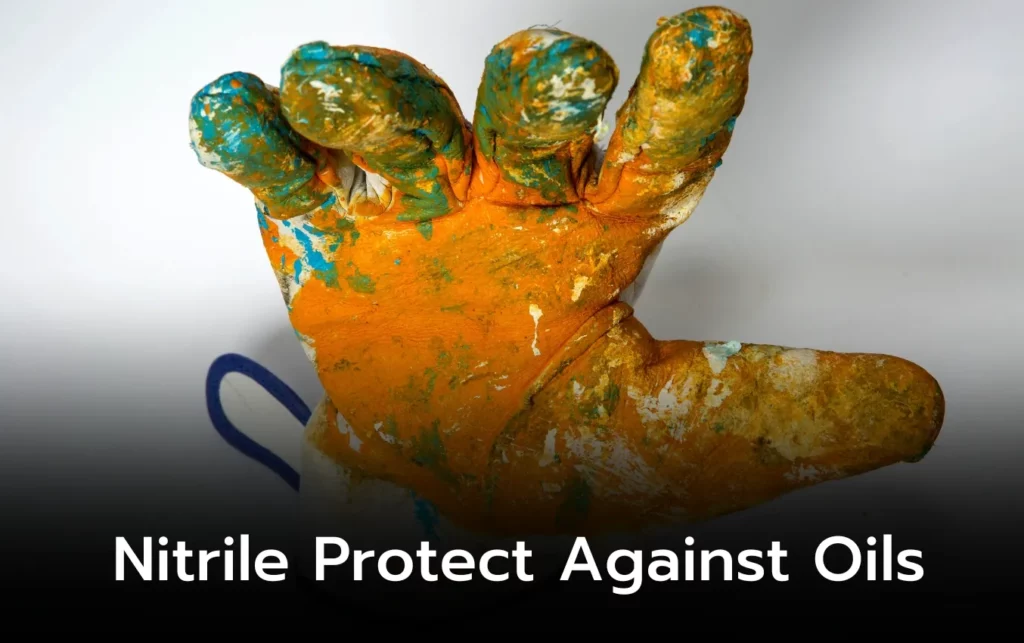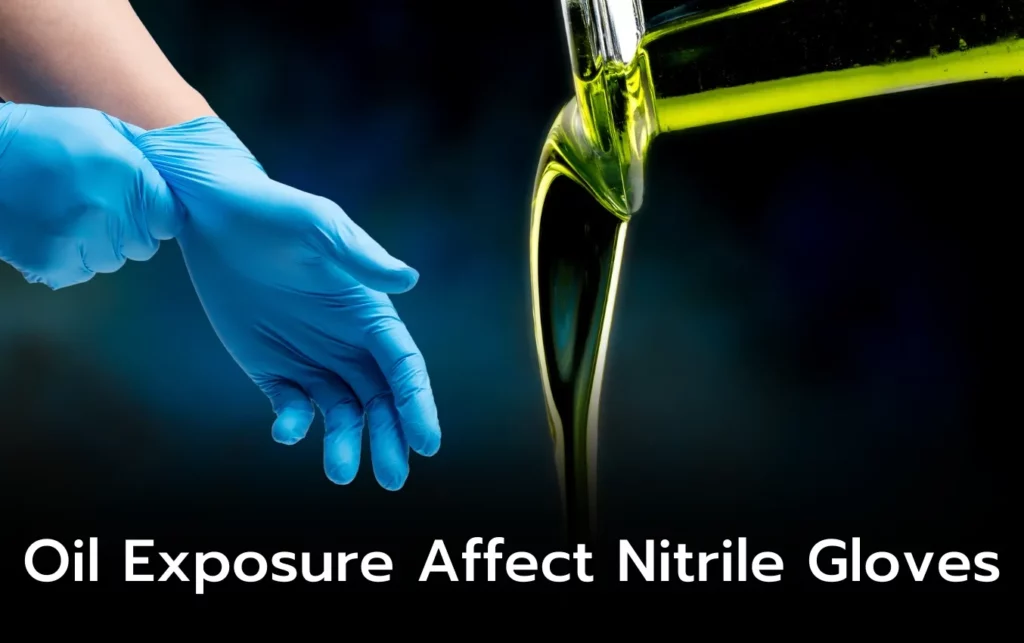Are there any alternatives to disposable nitrile gloves that offer similar cost benefits?
Consider using different gloves instead of disposable nitrile to reduce waste and protect the environment. Compare materials for protection, comfort, and durability. Make a thoughtful choice considering pros and cons, needs, budget, and environmental impact.







